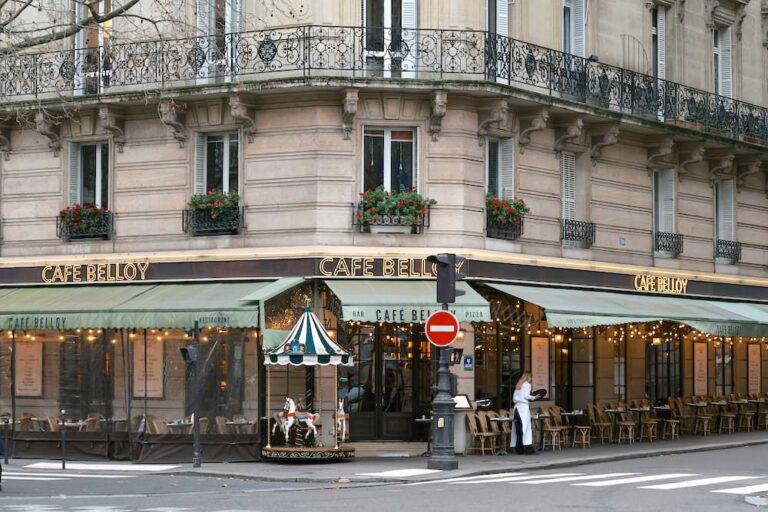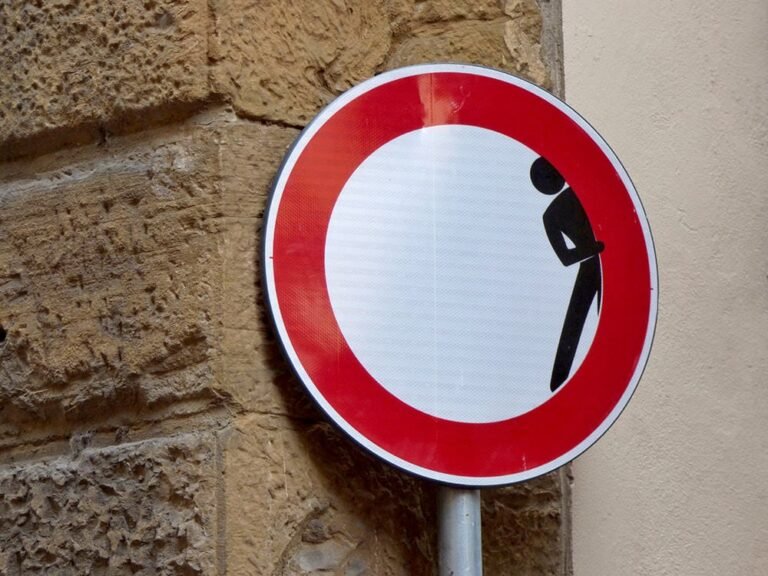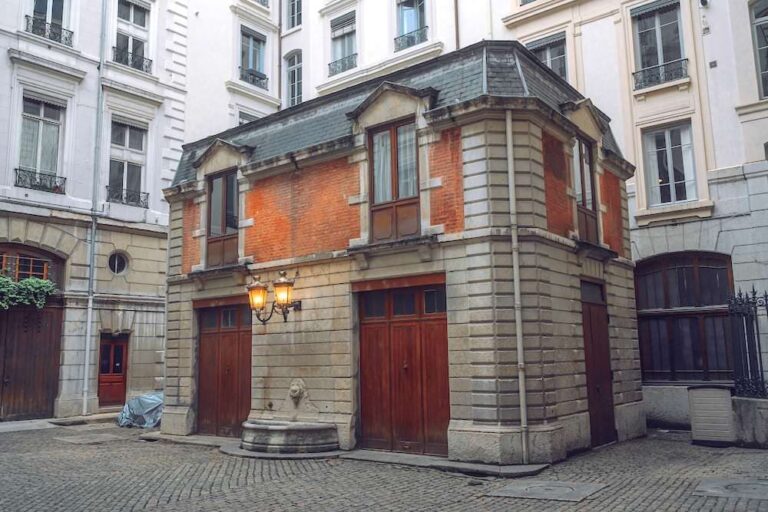Comparative adjectives
How to Form and Use Comparative Adjectives in French
Comparative adjectives in French are used to compare two things or people. They allow you to express that something is either more, less, or equally “something” (big, small, interesting, etc.) than another thing.
1. Comparing with “More” (Plus…que)
To say that something is more of a quality than another, use the structure:
- plus + adjective + que (more…than)
Examples:
- Mon frère est plus grand que moi.
(My brother is taller than me.) - Ce livre est plus intéressant que l’autre.
(This book is more interesting than the other one.)
2. Comparing with “Less” (Moins…que)
To express that something is less of a quality, use the structure:
- moins + adjective + que (less…than)
Examples:
- La voiture est moins rapide que le train.
(The car is less fast than the train.) - Ce film est moins amusant que le dernier.
(This movie is less fun than the last one.)
3. Comparing with “As” (Aussi…que)
To express equality, use:
- aussi + adjective + que (as…as)
Examples:
- Il est aussi intelligent que son frère.
(He is as intelligent as his brother.) - Cette maison est aussi grande que l’autre.
(This house is as big as the other one.)
4. Irregular Comparatives
Some adjectives have irregular comparative forms. These don’t follow the standard “plus + adjective” pattern. Here are the most common ones:
- bon (good) → meilleur (better)
- mauvais (bad) → pire (worse)
Examples:
- Ce gâteau est meilleur que celui d’hier.
(This cake is better than yesterday’s.) - Le temps est pire aujourd’hui que hier.
(The weather is worse today than yesterday.)
5. Important Notes
- The adjective agrees in gender and number with the noun it describes.
- Mon ami est plus gentil que moi.
(My friend is nicer than me.) - Les voitures sont moins chères que les motos.
(Cars are less expensive than motorcycles.)
Summary of Structures:
- More: plus + adjective + que
- Less: moins + adjective + que
- As: aussi + adjective + que






